In an interview with the website of the Strategic Council on Foreign Relations, Dr Abdolreza Faraji Rad, referring to statements by the French president who saw his country’s nuclear arsenals a matter of European security and helping to further the continent’s independence, said: It seems that after the British exit from the European Union, France and Mr Macron are trying to assume the EU leadership at least in terms of security.
Europe’s Anti-Terrorism Record Not Good
Noting that today security, including security of the European Union, is not achieved simply by developing and controlling nuclear weapons, he said: “They do not realize that the form of today’s security is different and that great powers through more anti-terrorism cooperation alleviate worries, but unfortunately the Europeans, including France, failed to do a good job in this respect.
Faraji Rad continued: In less than a decade, what has been threatening the security of the European Union and made people live with the fear of a terrorist attack every day is these terrorist activities. While in Syria, Iraq, and even in Yemen, the Europeans provided massive military assistance to countries that all agree to support terrorism in the region in terms of thinking and materially and logistically.
France Still Holds Cold War Era Outlook on Security
Noting that Mr Macron and France think they are still in the Cold War era and that their first priority is to develop nuclear weapons and boast against Russia, Faraji Rad stressed: “Europe still has major concerns in relation with Russia, and on this ground, it pursues sanctions against Moscow and acts in coordination with the United States.
Need to Rethink French Policy towards Russia
Faraji Rad went on to say: “The French should reconsider the notion that Russia is Europe’s main enemy; instead of raising these tensions and increase Russia’s sensitivity, it is better to expand economic, cultural and political cooperation with greater harmony and further involve Russia in Europe’s economic affairs and work towards reducing and eventually lifting the sanctions against Moscow.
He added: “The sanctions system created by the United States and sometimes supported by Europeans has no advantage rather than further endangering the security of countries and geographical regions.”
EU Not in Favor of French Leadership
Commenting on Germany’s demand that France should cede sovereignty of its arsenal to EU, and Macron’s negative response, the geopolitics expert stated: “After Britain’s pullout from the European Union, France, given its military and nuclear capabilities, struggles to lead the Europeans, especially in terms of security and military, and this is not something favoured by other EU members, including Germany, Spain, Poland and others.
“In addition, some French policies are not in line with US policies, and some states such as Italy, Poland and other Eastern European countries, tend to have close relations with the United States and post-Brexit Britain. Therefore the German reaction can be evaluated in this regard.”
Faraji Rad also said about Macron’s emphasis on the need for strategic talks to create a legal framework for arms competition: ”If France means strategic dialogue with EU members, it can have balanced talks with them on issues like the European National Army that has been debated for years. In fact, after Mr Trump weakened NATO by putting pressure on the treaty and made its European members frustrated, the issue is debatable, and many European countries, including Austria and Germany, have voiced readiness to discuss these issues.
But if France wants to assume the leadership and consider Russia part of Europe and seek strategic dialogue, it does not appear other EU members would grant Paris such a role. When such talks are to take place outside the European Union and in the context of European-Russian dialogue, Britain must also intervene, because London is still fully prepared to cooperate with the European Union on European security issues. Naturally, in such an atmosphere, first of all, the UK and then Germany and some other countries, do not consider a higher role for France.




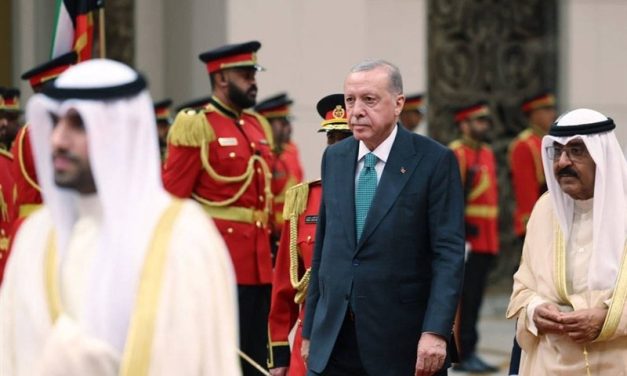
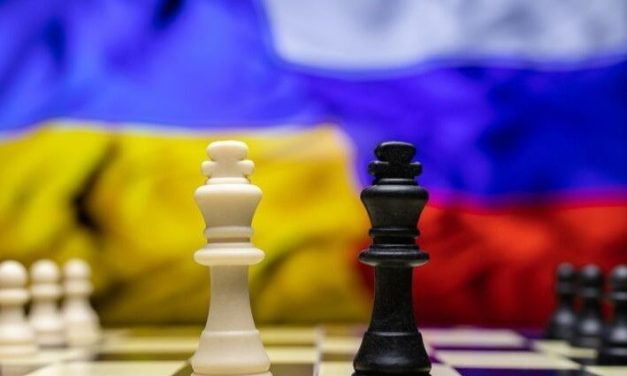
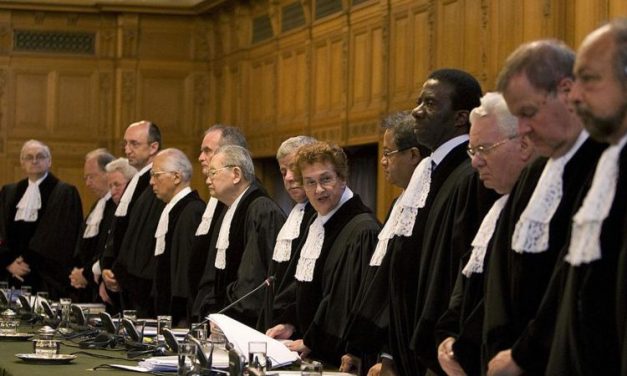
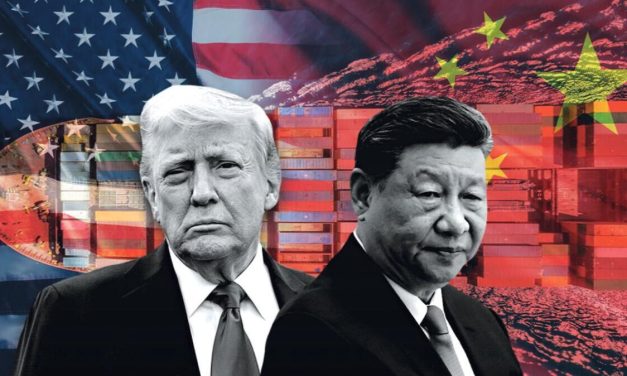
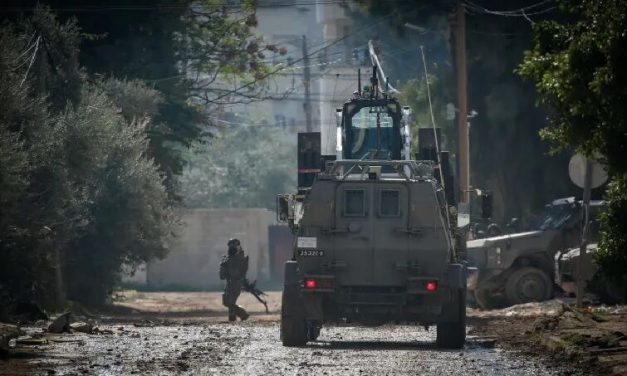

0 Comments